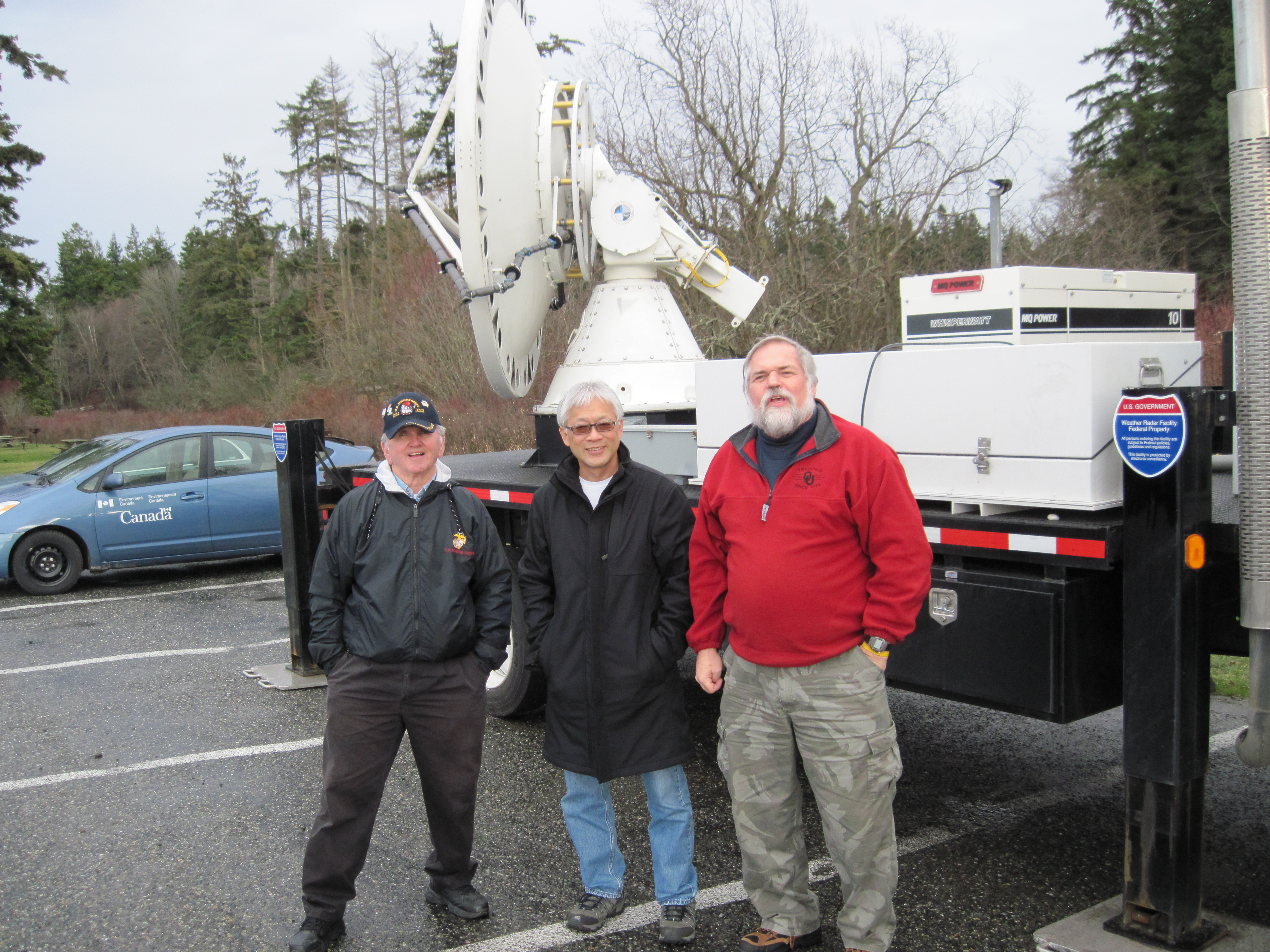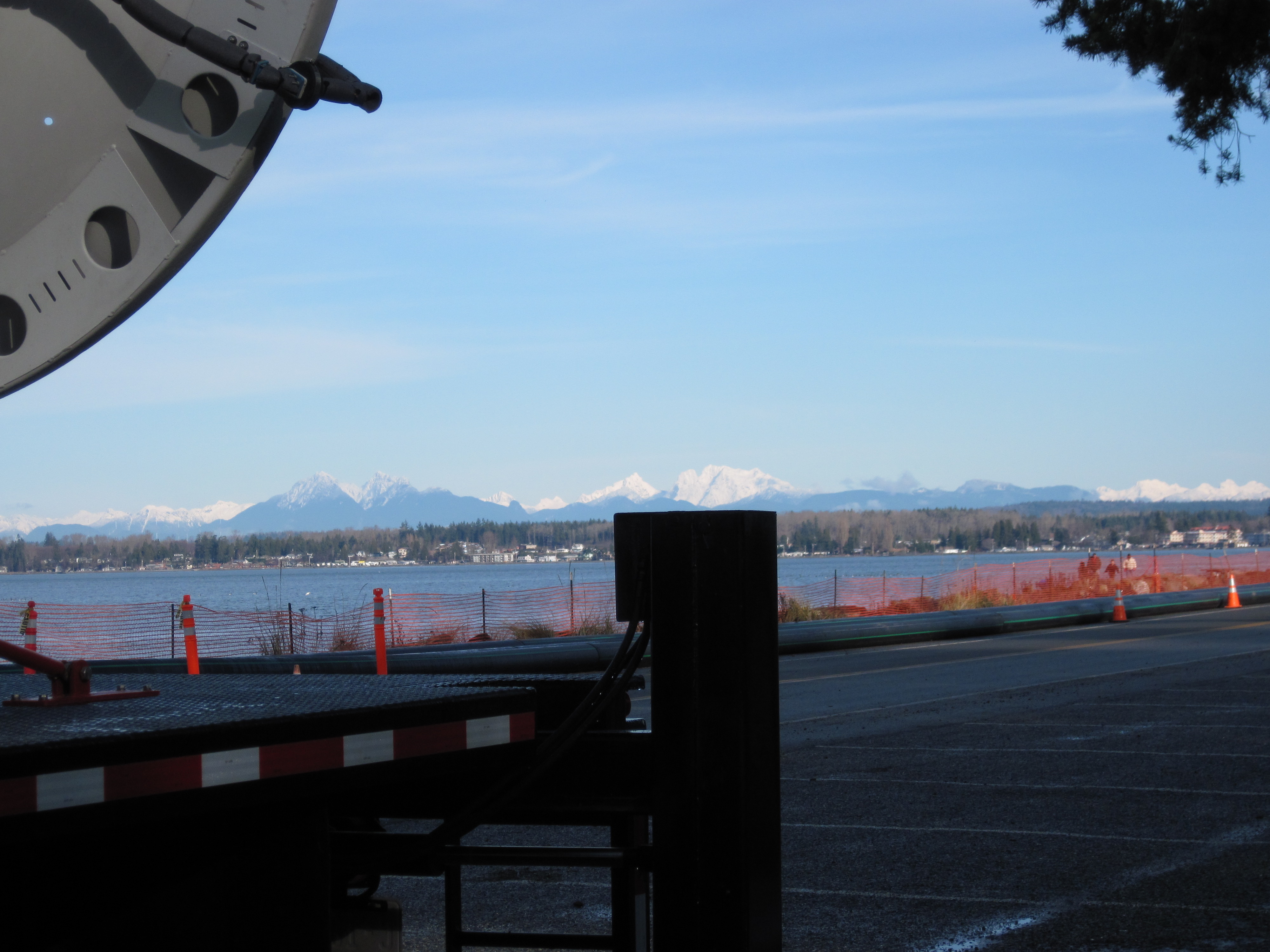
NSSL has sent a team of researchers and the dual-polarized X-Band mobile Doppler radar to the 2010 Olympic (February 12-28, 2010) and Paralympic (March 12-21, 2010) Winter Games in Vancouver, British Columbia. They will participate in Science and NOWcasting of Olympic Weather for Vancouver 2010 (SNOW-V10), a unique opportunity for international collaboration on the science of winter nowcasting in complex terrain.
NSSL’s NOAA-OU X-band dual-Pol Doppler radar (NO-XP) crew departed December 26 for their destination of Blaine, Washington, near the Canadian border. The data collected by the radar will support 0-6 hour forecasts, or nowcasts, of precipitation type and amount in support of the Cypress Mountain venue where freestyle skiing, snowboard, and snowboard halfpipe competitions will take place.
You can view the NO-XP radar data here: http://wdssii.nssl.noaa.gov/web/wdss2/products/radar/SNOW-V10.shtml
Researchers also plan to study the collected dual-polarized radar data to better understand the winter precipitation environment, including the complicated rain/snow mix scenario. The NO-XP radar will operate from December 30-March 22, 2010, with teams rotating out every two weeks.
The X-band radar operates on a shorter, more sensitive wavelength to detect smaller particles, and the dual polarization capability provides additional details on the microphysics of storms. This radar can be used to detect tiny water droplets as clouds form, and can see light precipitation such as snow. NO-XP is used for very short-range weather observation, and was first deployed to Texas to scan Hurricane Ike as it made landfall in September 2008.
SNOW-V10 is a World Weather Research Project of the World Meteorological Organization. Other organizations involved include: Environment Canada, University of Basel, Switzerland, the Finnish Meteorological Institute, National Center for Atmospheric Research, University of Bonn, Germany.



